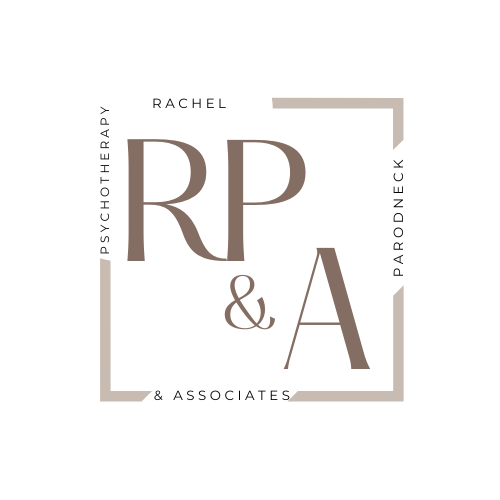5 Ways to Stay Safe from Omicron While Enjoying Your Holidays
You may have long awaited plans—to see family or friends you’ve been missing or to ring in 2022 with a New Years Eve party—and they may end up being canceled due to the new strain of COVID. Disappointing as this may be, there are still many things to celebrate. So what is one to do if you’re relatively isolated for the holidays?
Not in the Ho Ho Holiday Spirit? It Could Be Seasonal Affective Disorder (SAD)
Feeling down lately despite holiday parties, gift exchanges, and seeing family and friends? Just because it’s the holiday season does not mean that all of the challenges of the year simply vanish. 2022 has been a year that has been better than 2021, but certainly no party. Between the ongoing COVID-19 pandemic, high unemployment rates, continued overt racism in this country, incredibly divisive political climate, and now Daylight saving time, there are a plethora of reasons you may be feeling down. Seasonal Affective Disorder (SAD) may be one of them.
What is it?
SAD is a type of depression characterized by its recurrent seasonal pattern, with symptoms lasting about 4 to 5 months per year. Therefore, the signs and symptoms of SAD include those associated with major depression.
How to Prevent Triggers from Turning into a Relapse
If you're newly sober or striving for recovery, a drink or drug can seem even more tempting during the holiday season. In terms of triggers, there exist internal and external triggers, both contributing to relapse. External triggers are from outside sources, reminders of one’s drug or alcohol use. Internal triggers come from within; uncomfortable emotions such as fear, anxiety, and depression that lead people to want to self medicate with a drink or a drug. So how do you cope with triggers and stay sober during these winter months?





